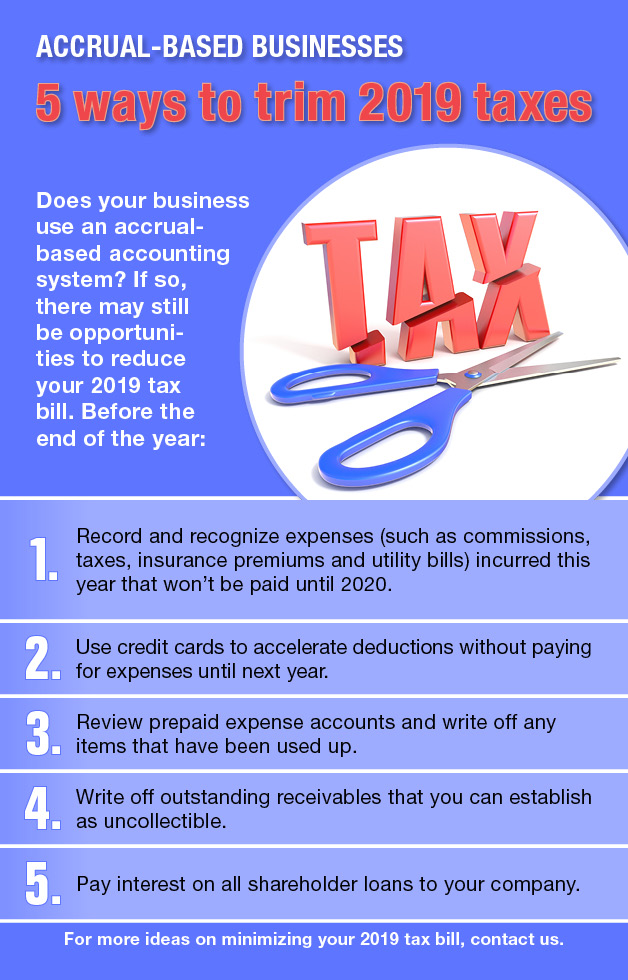
Technology has made it easier to work from home so lots of people now commute each morning to an office down the hall. However, just because you have a home office space doesn’t mean you can deduct expenses associated with it.
Read More

Technology has made it easier to work from home so lots of people now commute each morning to an office down the hall. However, just because you have a home office space doesn’t mean you can deduct expenses associated with it.
Read More

As part of a year-end budget bill, Congress just passed a package of tax provisions that will provide savings for some taxpayers. The White House has announced that President Trump will sign the Further Consolidated Appropriations Act of 2020 into law. It also includes a retirement-related law titled the Setting Every Community Up for Retirement Enhancement (SECURE) Act.

The number of people engaged in the “gig” or sharing economy has grown in recent years, according to a 2019 IRS report. And there are tax consequences for the people who perform these jobs, such as providing car rides, renting spare bedrooms, delivering food, walking dogs or providing other services.
Read More

If you’re adopting a child, or you adopted one this year, there may be significant tax benefits available to offset the expenses. For 2019, adoptive parents may be able to claim a nonrefundable credit against their federal tax for up to $14,080 of “qualified adoption expenses” for each adopted child. (This amount is increasing to $14,300 for 2020.) That’s a dollar-for-dollar reduction of tax — the equivalent, for someone in the 24% marginal tax bracket, of a deduction of over $50,000.

If you’re starting to fret about your 2019 tax bill, there’s good news — you may still have time to reduce your liability. Three strategies are available that may help you cut your taxes before year-end, including:

As we all know, medical services and prescription drugs are expensive. You may be able to deduct some of your expenses on your tax return but the rules make it difficult for many people to qualify. However, with proper planning, you may be able to time discretionary medical expenses to your advantage for tax purposes.

For tax purposes, December 31 means more than New Year’s Eve celebrations. It affects the filing status box that will be checked on your tax return for the year. When you file your return, you do so with one of five filing statuses, which depend in part on whether you’re married or unmarried on December 31.


You can reduce taxes and save for retirement by contributing to a tax-advantaged retirement plan. If your employer offers a 401(k) or Roth 401(k) plan, contributing to it is a tax-wise way to build a nest egg.

There’s a tax-advantaged way for people to save for the needs of family members with disabilities — without having them lose eligibility for government benefits to which they’re entitled. It can be done though an Achieving a Better Life Experience (ABLE) account, which is a tax-free account that can be used for disability-related expenses.
